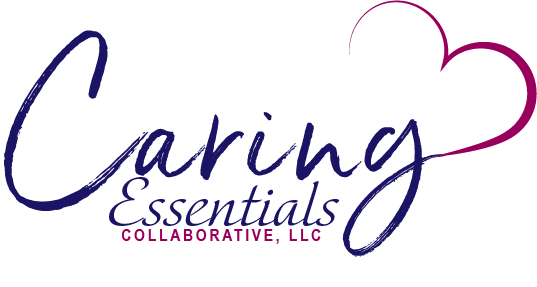The "S" Word

I love this quote by Albert Einstein: "There are only two ways to live your life. One is as though nothing is a miracle. The other is as though everything is a miracle".
Personally, I believe in miracles and I believe they are all around us, literally.
I took this picture on a bike ride along the river, I couldn't resist noticing the miracles around me .
The trick to discovering the miracles is to be present to the miracles, which can be trickier than you think (or at least, that's what I have found for me).
When I allow my days to be full of distractions, detractions and dramas, I often miss out on the miracles that surround me.
For many, healthcare systems and even social systems often create taboos that limit how we engage with the existential. This deeply disrupts our ability to connect with one another and even connect with ourselves in the course of our lives and encounters with others.
The "S" word can trigger folks in positive and negative ways which can create chaos amidst crisis when we are unable to step into our humanity to ease suffering through an affirmation of our shared oneness.
What's the "S" word? It's spirituality.
Spirituality isn't a bad word, however I think it is a loaded and misunderstood word in many settings. In my world, spirituality has often been taboo, especially in my professional world.
Embracing spirituality and bringing it out of the closet has sometimes been associated with a lack of intelligence and certainly not in alignment with an evidence-based mindset.
I have been raised to believe that spirituality is personal, not professional (unless you are a chaplain, minister, priest, nun, etc.) and that it is something you keep to yourself.
But, want to hear something funny? We are ALL spiritual beings, so not 'buying-in' to spirituality or not bringing it out of our personal closets to share with others seems a little hypocritical. Don't you think?
In my 2nd edition of Transformative Nursing in the NICU I share some very interesting research looking at the quantum realm and its insights into our connection with the consciousness of the cosmos (Keppler 2018; Keppler 2020), not to mention the amazing work of Jean Watson and her work: Unitary Caring Science as Sacred Activism.
"Take a deep renewing breath. Fall into your heart; open your heart to this now, this breath of life. Listen quietly to your silent inner voice; why are you here?" - Jean Watson, 2018
One of the privileges I cherish most as President of Caring Essentials is reading the reflections and insights of the amazing international and interdisciplinary professionals that are journeying through the Trauma Informed Professional Certificate Program.
They share challenges they face as clinicians, parents, and professionals responding to trauma; their own and others.
What these amazing individuals reveal is their deep inner wisdom, their passion and conviction to bring the highest expression of their best self to their work, their family and their life.
Spirituality, connection, compassion, empathy, forgiveness - these are common themes.
"Spirituality is a unique aspect of the human experience that is capable of transforming trauma from a place of isolation, fear and despair to one of connectedness, courage and joy" (Coughlin, 2021 pgs. 77-78).
How do you meet the spiritual needs of the patients and families you serve? I think most of us feel comfortable addressing spiritual needs during palliative and end-of-life care, but what about every other day; every other hour; every other moment in between?
Spirituality is the essence of our existence as human beings. As an essential component of our existence, there is no stop watch monitoring when to begin and end spiritual practices for others and ourselves. Spirituality is in continuous flow with our lives, our existence.
There are many expressions of spirituality, religion is one expression but does not define the construct.
Through spirituality:
- we find meaning and purpose in our lives;
- we find comfort for our sorrows;
- we find hope; and,
- we find community
I think it's time we acknowledge the critical role spirituality plays in our lives and in the lives of those we serve. It's time to actively, authentically and yes, maybe even vulnerably answer the call to support and respond to the spiritual needs of families in crisis well before we withdraw life support. It's time to make spiritual needs as much of a priority as the medical/surgical needs of the patient and family.
After all, aren't we all greater than the sum of our parts? Not just as individuals, dyads and families but as a human race; a collective of spiritual beings having a very human experience... together.
Becoming a certified Trauma Informed Professionals is a journey of self-discovery moving towards excellence and the highest expression of self in service to others.
This journey intentionally reconnects you with your spirituality; your inner true self and facilitates a thoughtful and reflective integration of this self with your whole self.
On this journey you are introduced to the attributes of the Trauma Informed Professional as you discover all ways of:
- knowing
- healing
- wholeness
- braving
- championing
- guiding
- sharing, and
- leading
"Every one of the 8 modules in this course resonated deeply. These attributes are not foreign but may be given a back seat at times to ego-driven characteristics that we believe are more important to success. This course built very purposefully on each attribute to remind me that, personally and professionally, compassion, empathy, humility and vulnerability are the ones that fill us and allow us to bring our best selves into the world". - Staci Olister MD
Please join us Wednesday, August 25th at 11am EDT for a SNEAK PEEK into the program
and get your questions answered in a candid, heart-to-heart live session hosted by Mary Coughlin & the Faculty at Caring Essentials.
I am also hosting a FREE WEBINAR this Friday, August 20th at 9am EDT entitled: Transforming the Care for Babies, their Families and Ourselves and would love to have you join me. Folks who attend the live session are eligible to win an autographed copy of the 2nd Edition of Transformative Nursing .
Thanks for taking the time to read me
Take care and care well,
Mary
Share if you Care...
You may also enjoy...














